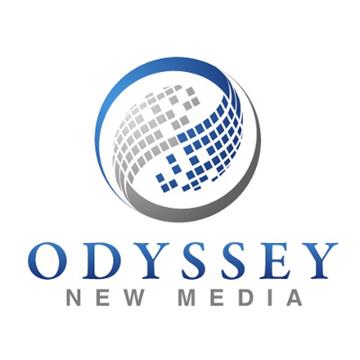About Us
Odyssey New Media are a leading Digital Marketing agency situated in Birmingham, UK. With more than a decade of experience, we know how to tailor strategies which use the best digital marketing and digital media channels. Our company offers a series of Digital Marketing services to help businesses increase their traffic, revenue and achieve good return on their marketing spend.


